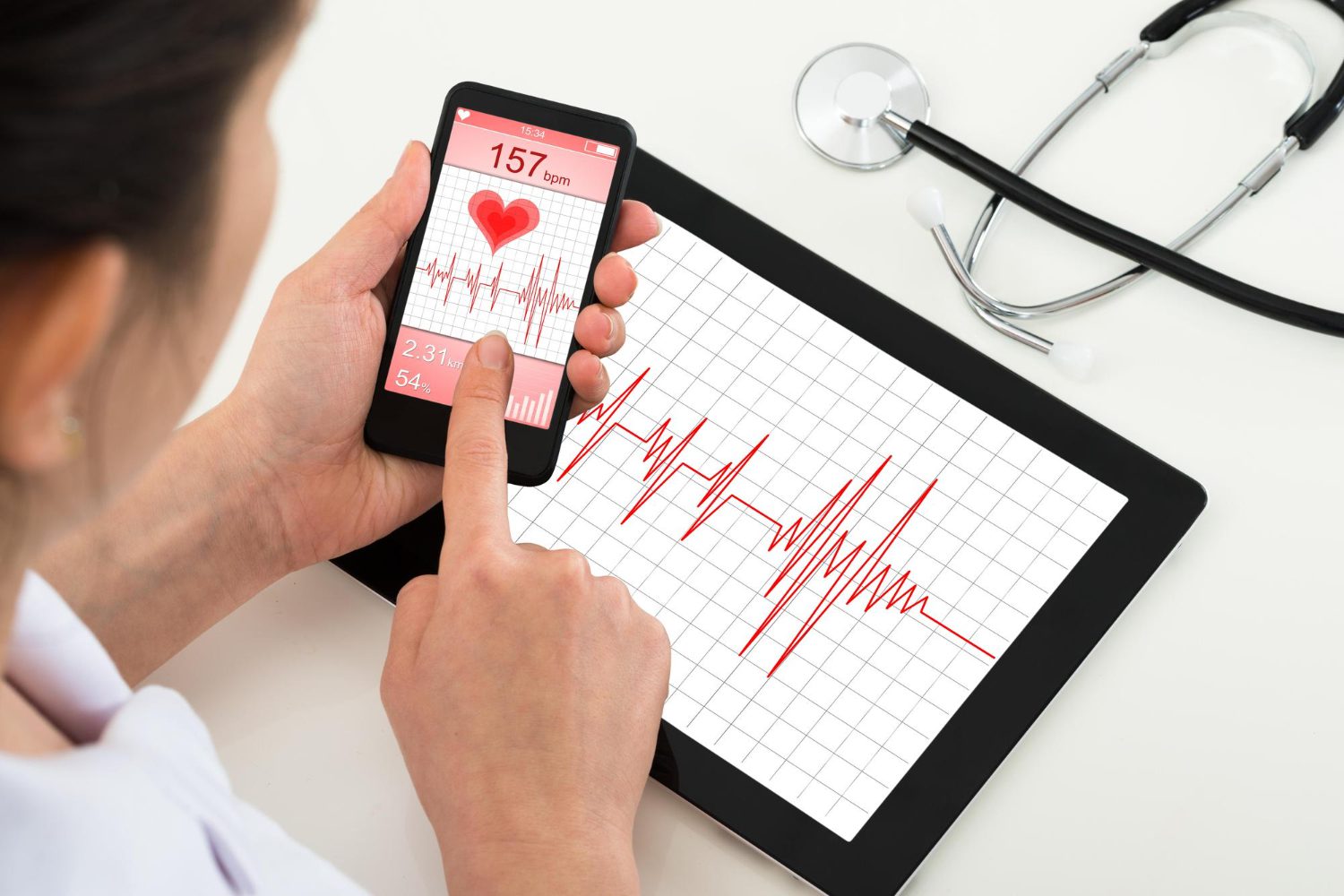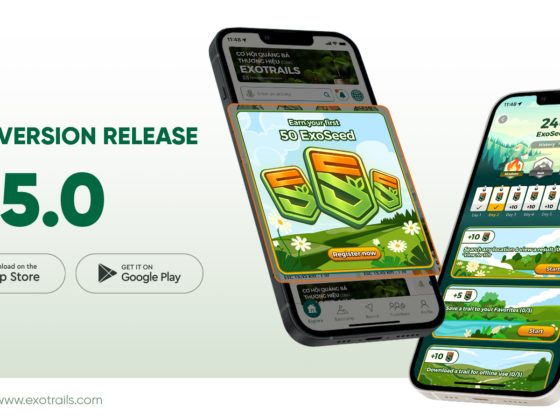Table of Contents Show
✍️ AI is summarizing:
Maintaining heart health is essential for a long and active life. Fortunately, you don’t need a gym membership or intense workouts to improve heart health. Simple, consistent physical activities can significantly strengthen your cardiovascular system.
According to Dr. Edo Paz, a cardiologist at White Plains Hospital, New York, the key is to find activities you enjoy and incorporate them into your routine. In this article, we’ll explore effective exercises to improve heart health, how to track your progress, and why small lifestyle changes can lead to long-term benefits.
Related post:
- The Unique Proximity-Based Trail Search Feature of ExoTrails
- Discover the Transformative 10000 Steps Benefits
- Dead Butt Syndrome: Causes, Symptoms, and How to Fix It
Why heart health matters and how to measure it

Maintaining a healthy heart is crucial for longevity, and the good news is that you don’t need hours of exercise to see the benefits. According to Dr. Edo Paz, the key is to focus on consistent, enjoyable physical activity to improve heart health.
“For the vast majority of people, you don’t need any of this stuff. You just need to go out and start doing some activity,” Dr. Paz told Business Insider.
One easy way to gauge your heart health is a simple stair-climbing test. Can you climb more flights of stairs without getting out of breath compared to a few months ago? If so, that’s a good sign your fitness level is improving, which means your heart is becoming more efficient.
“Maybe you used to get winded after walking just three blocks with your dog but now do five or more without breaking a sweat. That’s a good sign you’re getting fit, which means a healthier, more efficient heart and better odds of living a longer life,” Dr. Paz explained.
Best exercises to improve heart health

The cardiologist emphasized that the key to improve heart health is finding physical activities you genuinely enjoy, whether that’s brisk walking, swimming, or even gardening. Engaging in activities you love makes it easier to stay active consistently. He also stressed that consistency is more important than intensity when it comes to maintaining a healthy heart, as regular movement helps strengthen cardiovascular function over time.
“The best exercise is the one you’ll do,” Dr. Paz said. “If you hate running, don’t run. Find something you like, whether that’s walking, cycling, or playing a sport.”
Using technology and tracking progress

Advances in fitness technology can be a great way to improve heart health by keeping you motivated and tracking your progress. Wearable devices that monitor VO2 max, resting heart rate, and other cardiovascular metrics offer valuable insights into your heart health. However, Dr. Paz cautioned against relying too much on the numbers, emphasizing that consistent physical activity is the key to a stronger heart.
“You don’t need any of this stuff. You just need to go out and start doing some activity,” he reiterated.
The key takeaway is that even a few minutes of physical activity per day can make a significant difference in your heart health and longevity. By finding enjoyable ways to move your body, you can improve your fitness, strengthen your heart, and increase your chances of living a longer, healthier life.
“The real test is low-tech,” Dr. Paz said. “Can you do more than you could before? That’s the sign you’re getting fitter and healthier.”
Conclusion
You don’t need an intense workout routine to improve heart health—even small, consistent movements can make a big difference. Whether it’s walking, cycling, or engaging in your favorite physical activity, finding what you enjoy will help keep you active in the long run.
Tracking progress with simple tests or fitness devices can also motivate you to stay on track.
The real goal? A stronger heart and a longer, healthier life. So start today—take that extra flight of stairs, go for a walk, and prioritize your heart health! Follow our official Facebook page now to receive more interesting information.












